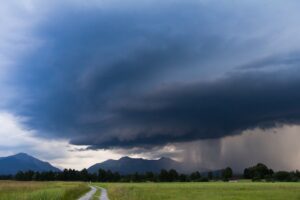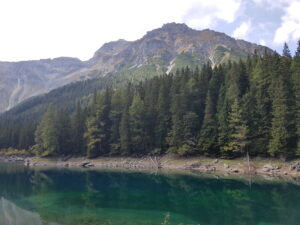Sustainable Transitions through Corporate Regional Responsibility
Details
Full Title
Actors for a “new environmental governance” in touristic mountain Regions – Sustainable Transitions through Corporate Regional Responsibility
Suggested by
David Segat
The respective workshop calls for contributions regarding ...
- Sustainable development within tourist mountain regions.
- The role of regional actors within a Socio-Ecological-Transformation.
- Corporate regional responsibility and the connected potential for sustainable tourism?
Keywords
Sustainable Tourism, Mountain regions, Responsibility, Socio-Ecological-Transformation
Type
Workshop with field trip
Description
Mountainous areas provide significant indicators of ongoing global change. At the same time, they are drivers of different developments, such as touristic processes, which significantly influence the mentioned change. These aspects of mountain regions raise a series of socially relevant questions that can be addressed by human geography and other social sciences. Touristic aspirations encourage mountain regions to become places of longing, and result in an increased mobility between urban and rural areas. Tourism and its resulting involved actors, with their situated and place-based processes, are therefore a causer of global as well as local challenges.
Regional actors play a significant role in confronting ongoing challenges and in creating new pathways for a differentiated and sustainable form of tourism. Within the debate of a socio-ecological-transformation towards sustainable development, regional actors can be seen as drivers for a “new environmental governance” and can be implemented in a more strategic dimension of transformation. To identify the actions set by touristic-actors, the concept of “corporate regional responsibility” (CRR) is implemented within the aimed research work. This concept makes it possible to detect power relations within regional governance structures and to point out opportunities for process participation. Furthermore, the concept of CRR should be combined with a variety of individual selected indicators, which are part of the scientific discourse in connection to sustainable tourism.
Session Concept
The general aim of the workshop is to point out the different PhD-project of the participants and how their work fits into this session. After this phase of short presentations a participatory session-format will lead the group towards the main goal.
The main goal of this workshop is to identify potential actors within touristic regions and to develop and discuss a set of indicators to measure their operating concept and activities. This collectively developed indicator-based monitoring system and the linked CRR concept should create a transparent and comprehensible approach, so that a growing number of local/regional actors are able to become drivers for “new environmental governance” or participate in a transition towards more sustainable tourism.
This workshop will create a space for discussion within a group of international PHD-students about methodological and content related issues. Furthermore the objective is to point out the (regional) role of touristic actors and their networks through debate-formats and a field trip to the Alpine Club hut: Langtalereckhütte.


